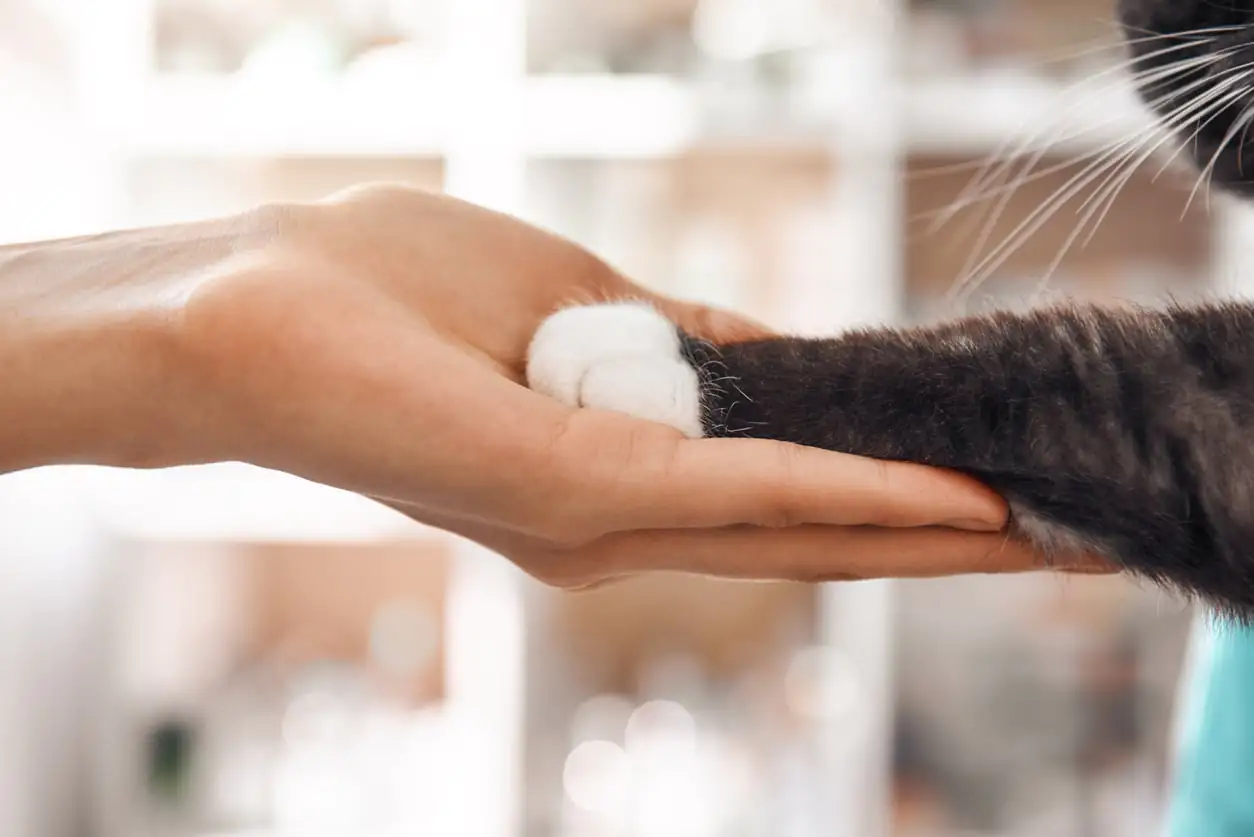Training a cat is not an easy task, especially when it has an annoying tendency to do stupid things and remain unmoved by our annoyance. So, when your feline breaks an object, you know how to remain courteous, but when he shows aggression towards you or your loved ones, you have difficulty containing your anger. But should we really punish him? If yes, in what way?
We must ban punishment in the sense we understand it
Even if your cat behaves undesirably, under no circumstances should you show violence towards him. Note that we are talking here about physical violence but also psychological violence.
So, hitting him to discipline him is obviously a bad idea, just like shouting at him, throwing water in his face or even locking him in a corner to punish him. And this even if it makes you go crazy by repeating the same stupid things, or even constantly inventing new ones.
So of course, we are completely aware that in the heart of the action your human reflexes take over and that you probably tend to act on emotion. But you will see, if you can control your reactions, it will be much more effective than simple punishment. But then, if you can’t punish him, what should you do? We’ll explain it to you right away!
Prioritize positive education
You may hear about positive education all the time, whether with animals or with children. But there is a reason for this. Indeed, it is not a question of a new fashion which aims to be benevolent and a little silly, but rather of a education system that really works.

However, it is difficult to abandon our old beliefs which place authority and punishment as unstoppable means of obtaining obedience. So we only have one piece of advice to give you: try it and don’t hesitate to share your experience with us.
How to react to bad behavior?
First of all, you need to understand that if your cat does something stupid, it is in no way intended to provoke you. In reality, we must not forget that this is an animal that has wild instincts.
So, if he scratches your sofa despite your prohibition, it is not out of malice but because he is obeying his impulses to mark territory. Likewise, if he bites or scratches you for no apparent reason, it is because your attitude made him think he was threatened. In short, it is essential to understand thathe always has a “good” reason to act the way he doesfrom his feline point of view anyway.
But then how to react? How can you help your cat learn the difference between good and bad behavior?
1. Encourage, congratulate, reward
First, you should always reward your cat when he adopts authorized behavior. For example, if he tends to pee everywhere, remember to always praise him and reward him with treats or toys each time he relieves himself inside his litter box.
2. Divert your attention
A second thing to do is to divert your cat’s attention from forbidden places or objects. For this, you must arrange your interior so that he can have at his disposal stimulating and enriching objects that meet his feline needs. So, offer him a scratching post, a cat tree, a hammock, wall shelves to climb, hiding places…
3. Stay firm
And above all, without ever getting angry, make sure to always remain firm. For example, when he bites or scratches you while you are playing with him, stop the game immediately saying a firm “No”. And only resume once he has let go of you and calmed down. You must make him understand that, despite all the respect you have for him, it is you who decides.


